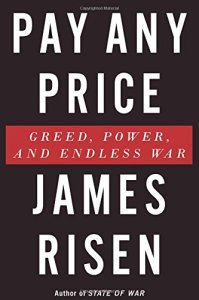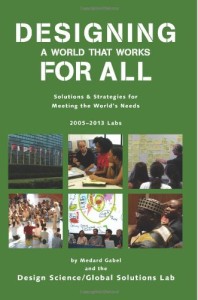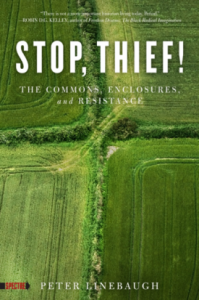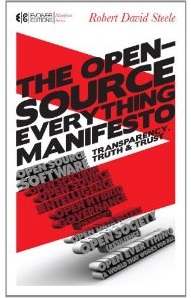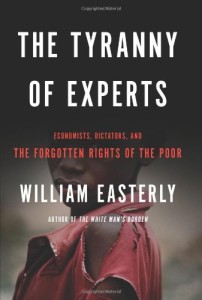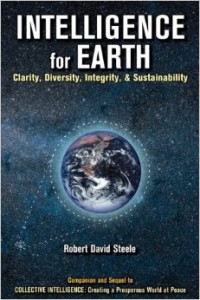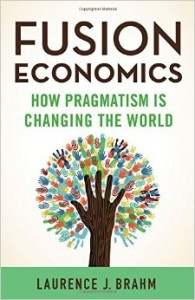
Laurence Brahm
5.0 out of 5 stars Common Sense Community-Based Economics, October 25, 2014
Laurence Brahm is one of those unsung heroes who was changing the world for the better, and influencing various governments in most positive ways, long before ecological economics and social enterprise became fashionable turns of phrase. I regard him as the anti-thesis to the predatory capitalism mantras and methods of our time. His proven focus on community development and evolutionary blends of state planning and market incentives is precisely what we need now that everyone understands that Western governments have been corrupted and Western economies destroyed by financial interests devoted to extracting value instead of creating value. This is a practical book, a spiritual book, and one that should be required reading among those intent on creating collaborative economies and social enterprises.
His recommended gradualist evolutionary approach is ethical and focused on stable transformation, not rapid looting by foreign bankers.
Quote (41): The fundamental failure of ivory tower cookie-cutter models, for all of their theoretical perfection, is that they ignore local conditions, culture, mindset, and historical burdens.”
Continue reading “Review: Fusion Economics – How Pragmatism is Changing the World”

